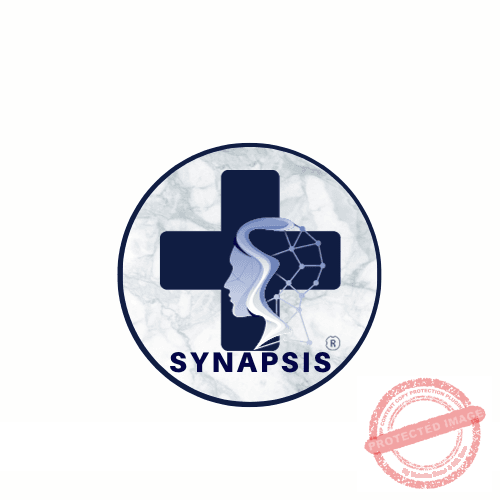Step 2 CK assesses an examinee’s ability to apply medical knowledge, skills, and understanding of clinical science essential for patient care under supervision. This examination is designed to evaluate a candidate’s grasp of key medical concepts, as well as their ability to integrate and apply this knowledge in a clinical setting. Emphasizing health promotion and disease prevention, the test ensures that candidates are not only knowledgeable but also prepared to make informed decisions that positively impact patient outcomes. The importance of this assessment cannot be overstated, as it lays the groundwork for safe and effective medical practice, which is crucial for success on the USMLE.
Step 2 CK ensures that due attention is devoted to principles of clinical sciences and basic patient-centered skills. These skills provide the foundation for the safe and competent practice of medicine under supervision, which is essential for the USMLE. Candidates are expected to demonstrate proficiency in various areas, including but not limited to patient evaluation, diagnostic reasoning, and management planning. This focus on clinical competencies helps to prepare future physicians for real-world medical practice, where patient care is paramount and requires a comprehensive understanding of clinical principles essential for success on the USMLE.
Step 2 CK is a one-day examination divided into eight 60-minute blocks administered in one 9-hour testing session. Each block is carefully structured to assess various domains of medical knowledge and clinical understanding. While the number of questions per block on a given examination may vary, it will not exceed 40. Thus, the total number of items on the overall examination will not exceed 318. This structure is designed to challenge examinees and assess their ability to perform under pressure, making it a key component of the USMLE. Candidates must practice time management and develop strategies to approach each block effectively, ensuring they can complete all questions within the allotted time for the USMLE.
Preparing for the USMLE: Strategies and Tips
The examination also includes a minimum allotment of 45 minutes of break time and a 15-minute optional tutorial. These breaks are designed to help candidates manage their stamina throughout the long testing day. The time available for breaks may be increased by finishing a block of test items or the optional tutorial before the allotted time expires. Candidates are encouraged to utilize break time wisely, as staying mentally and physically refreshed can significantly impact overall performance. During breaks, candidates may engage in relaxation techniques, review notes, or simply take a moment to hydrate and refocus, all of which can contribute to a more effective testing experience.
Lastly, candidates should remember the importance of maintaining a healthy lifestyle during their preparation. Adequate sleep, proper nutrition, and regular physical activity contribute to cognitive function and overall well-being. Stress management techniques such as mindfulness or meditation can also play a crucial role in maintaining focus and clarity during study sessions. Preparing for Step 2 CK is not merely an academic endeavor; it is a holistic process that involves nurturing both the mind and body to ensure optimal performance on the exam.
Furthermore, understanding the test format and the types of questions asked can significantly aid in preparation. The Step 2 CK exam often includes clinical vignette questions, which require examinees to apply their knowledge to specific patient scenarios. Practicing with these types of questions can help candidates become comfortable with the format and improve critical thinking skills. It is also beneficial to review the official USMLE resources, which outline the content specifications for the exam. Familiarity with the test structure can reduce anxiety on test day and allow candidates to use their time efficiently.
In preparation for Step 2 CK, candidates should consider various study approaches. Utilizing resources such as question banks, review courses, and practice exams can provide valuable experience and insight into the types of questions that may be encountered. Additionally, forming study groups can enhance learning through discussion and collaborative review of complex topics. Candidates should also prioritize self-assessment to identify strengths and weaknesses, allowing for focused study in critical areas. Moreover, developing a study schedule that allocates time for both content review and practice questions can optimize preparation efforts.
You must log in and have started this course to submit a review.

